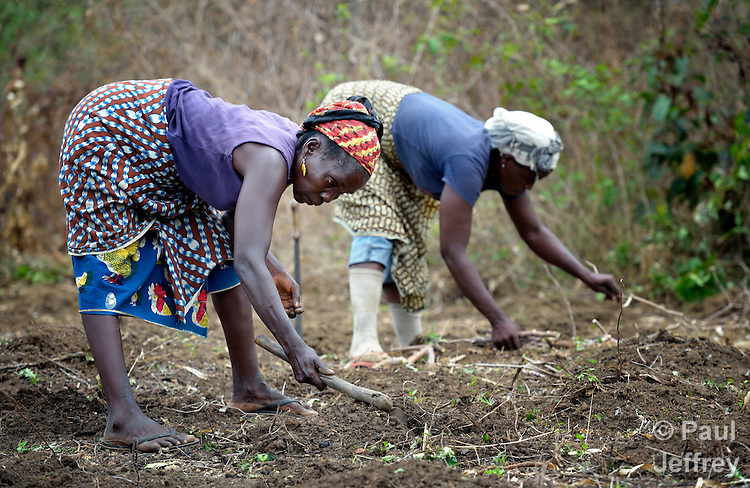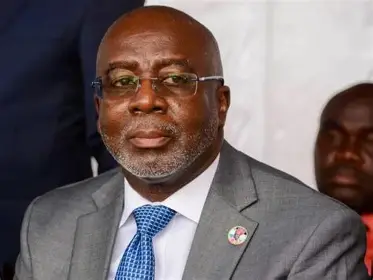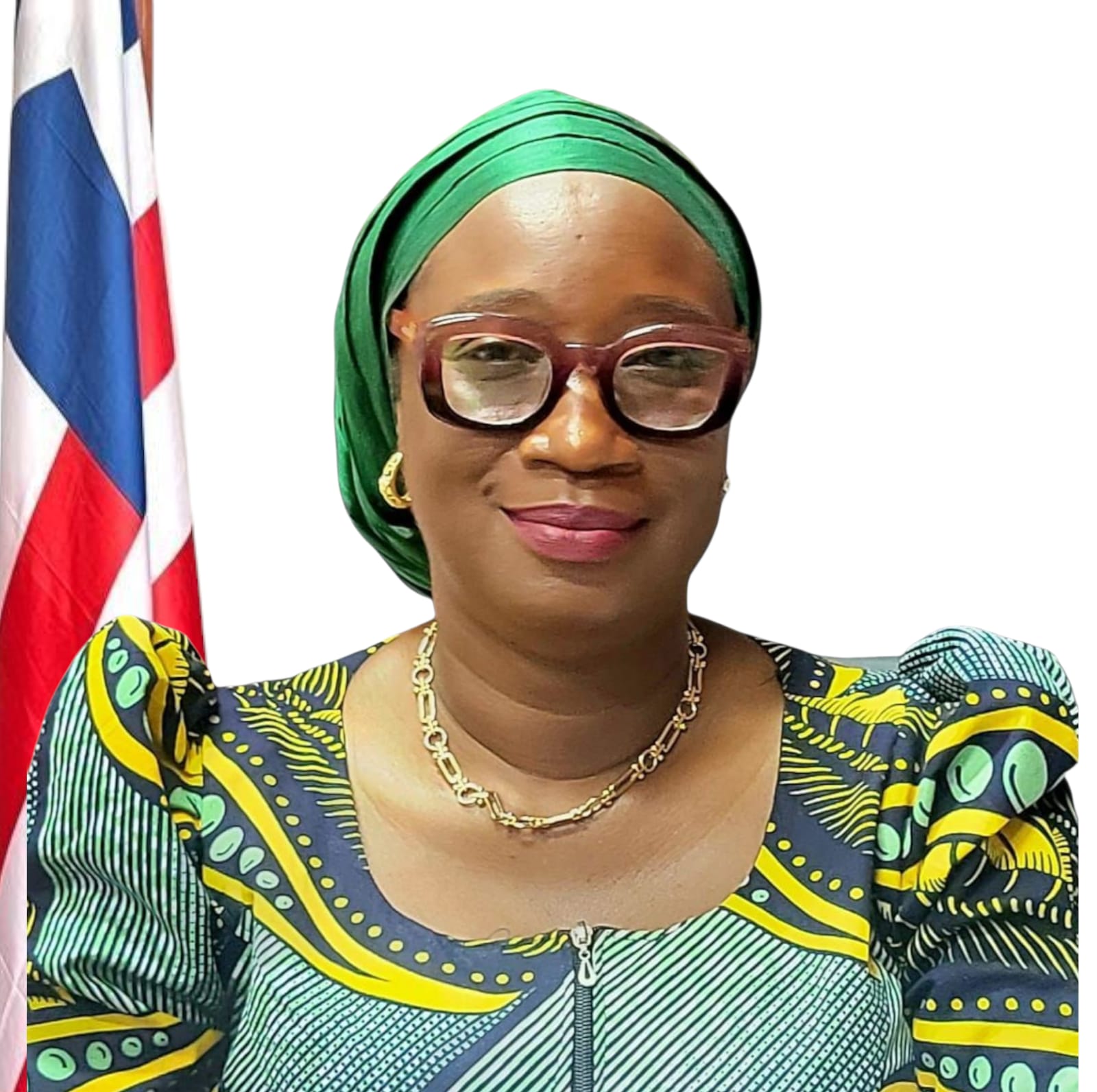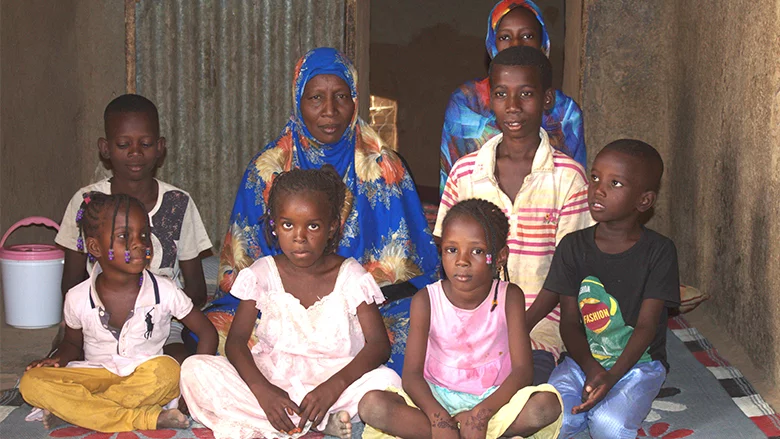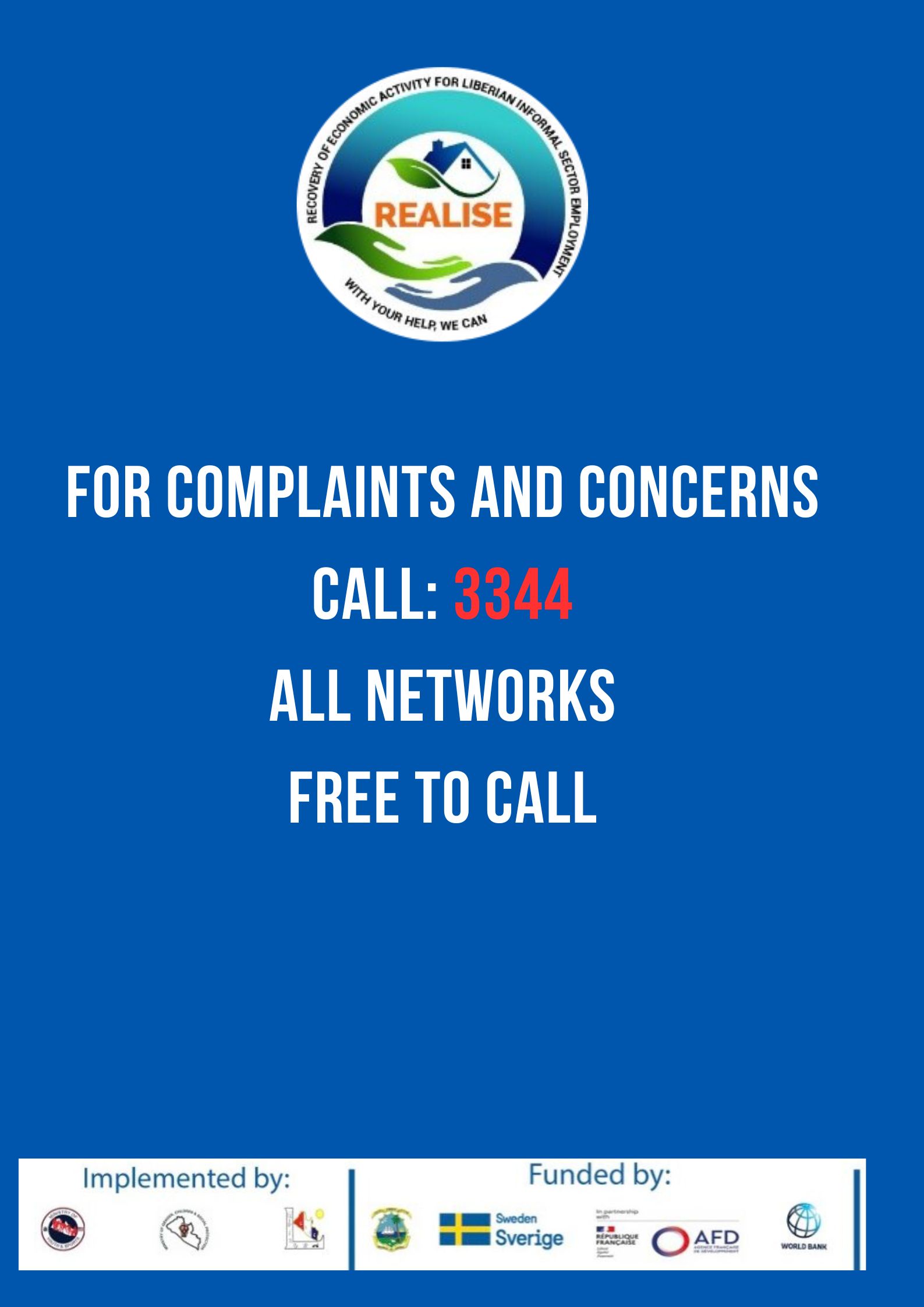Monrovia May 15, 2024-Women are crucial contributors to food production in Liberia, playing a significant role in the agricultural sector. Globally, their dedication has been recognized by the World Bank, with women constituting approximately 80% of the agricultural labor force and responsible for 93% of food crop production. In Liberia, as in many developing countries, women in small farms form the backbone of subsistence agriculture, contributing significantly to the world’s food production.
In small-scale agriculture, women undertake various tasks, from sowing seeds to selling produce, often serving as the primary keepers of knowledge on crop varieties within their communities. Despite their indispensable contributions, women encounter obstacles such as limited access to agricultural inputs and financing, compounded by the burden of balancing farm work with household responsibilities and childcare.
However, amidst these challenges, women demonstrate remarkable resilience in supplying the market with food and tree crops. One example is the Welekermah Farmer’s Cooperative in Kollie-ta Wolah, Bong County, which was established in 2021 by five women aiming to enhance vegetable production to support their families.
Madam Jackeline Gonkpala, the cooperative’s chairperson, emphasizes their mission to economically empower women through agriculture. She asserts the importance of women’s roles in both household upkeep and national economic development. Kemah Bayomie, the co-chair, highlights their reinvestment of proceeds to expand operations and improve infrastructure, benefiting members and their families.
Emmanuel W. Nuwoe, a male supporter of the cooperative, acknowledges the vital role women play and emphasizes the necessity of assisting them to ensure smooth operations. However, despite their dedication, the cooperative faces challenges such as limited access to essential agricultural inputs, hindering their productivity.
Beatrice Paye, the cooperative’s advisor, outlines these challenges, including the lack of crucial tools and access to finance, which restrict their cultivation efforts. Mulbah Howard, Executive Director of WOCAI Liberia, advocates for governmental and organizational support to empower women in agriculture, emphasizing its impact on economic growth, food security, and gender equality.
Empowering women in agriculture involves providing them with resources, education, and technology to enhance productivity and decision-making power. This empowerment not only improves livelihoods but also contributes to sustainable development and social justice. The story was produced under the Female Journalists Association of Liberia (FeJAL) Women in Newsroom Leadership Program, supported by USAID through Internews, without influence on its content.
This article was originally published by the Women Voices Newspaper Top of Form
Top of Form

